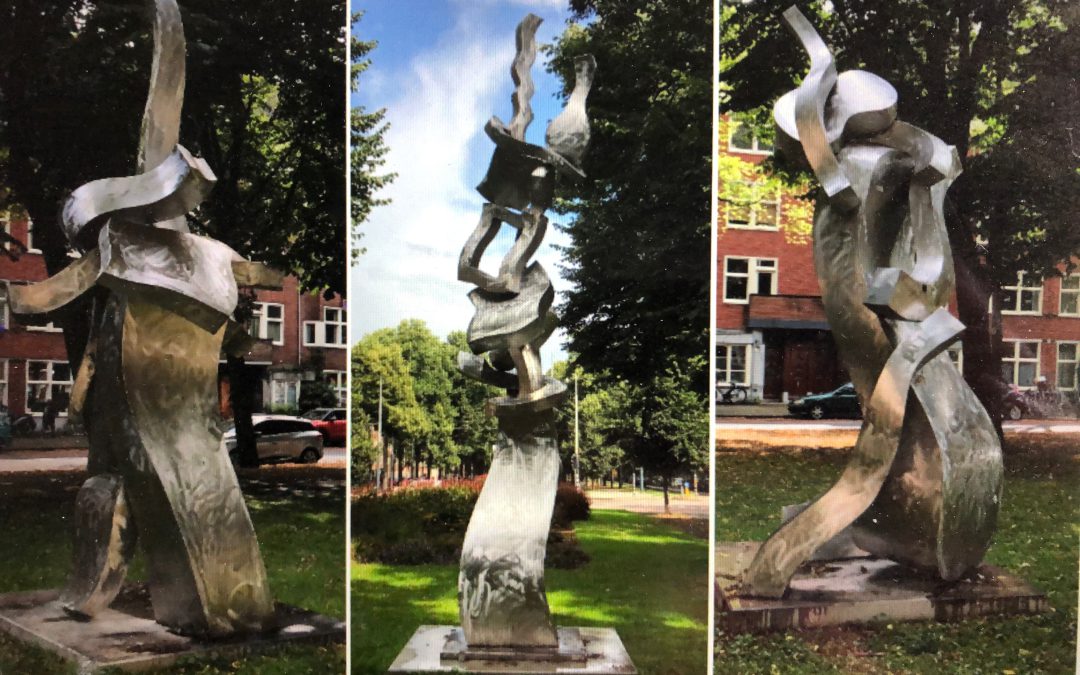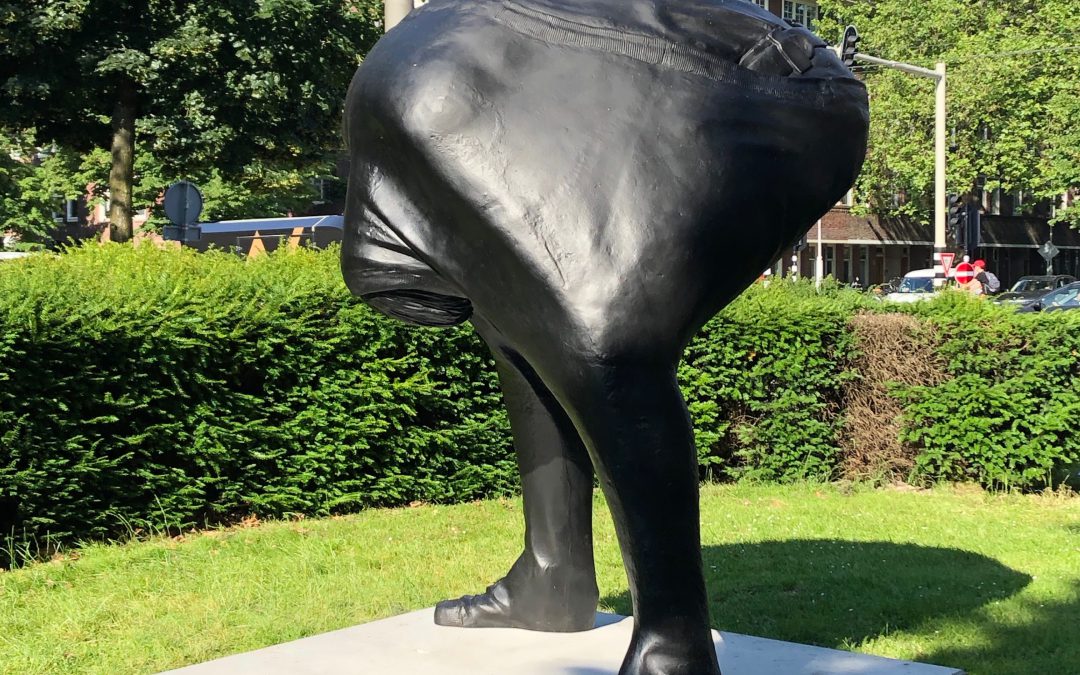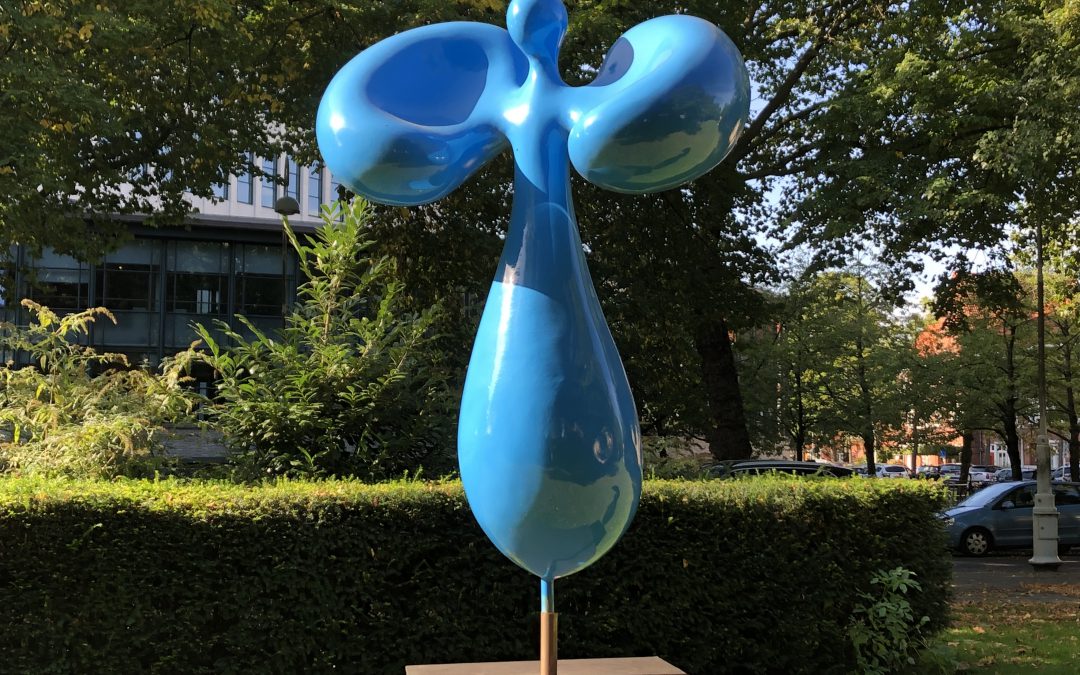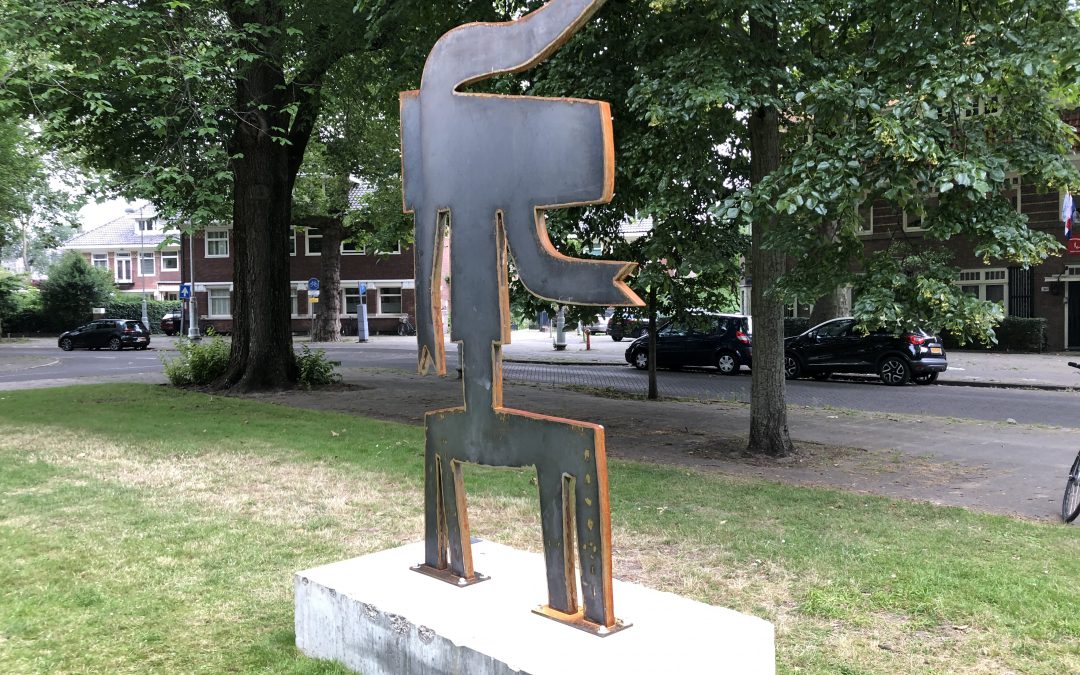
Dealing with Grief and Loss
Every day we all have to deal with a range of emotions. Many of these emotions and feelings are the stresses and strains of our modern lifestyles. There are work pressures, family issues, money problems and so many other elements that can cause us all to feel overwhelmed or unable to cope. In life, there are also some very intense feelings. One of these is certainly the birth of a baby and all the joy that comes with such a life event. Another is a death of a family member, a loved one or even a pet. That brings a whole different set of emotions: grief, bereavement and loss. That is always a big shock to the system – a massive change. That is what we want to address here with an expert on the subject, Palmyra Bakker. She is an expert on dealing with grief and loss and helping people to cope with it.
If the last 2 years have taught us anything, it is that anything can happen at any time and often does. We have been through the worst of the Covid era and it seems we can now resume some semblance of normality. Life has changed for everyone in a considerable way. How we handled that change is different for everyone. Sadly, many people also lost their lives.
In this Q+A, that is what we want to look at and thank you Palmyra for answering our questions on the notion of dealing with grief and loss

q1. In your experience, what are the main issues/aspects people have to deal with on the death of a loved one?
In my practice, the question I regularly get is: “How do I grieve”. People think that one should behave in a certain way. Grieving someone’s death takes time and imposing a timetable on their grief is for many an issue. Withdrawal and trying to deal with it on their own often results in isolation and loneliness.
Something else is not wanting to feel the emotions as they can be overwhelming, especially in the beginning. Many of my clients do not function very well due to concentration problems and being emotionally out of balance, also they have difficulties with sleeping.
q2. What is grief and how can we better understand it?
Grief is a process of adapting to changed circumstances, dealing with missing a dear person. It is also dealing with the unpredictable timing and combination of emotions that can leave someone confused and despairing. It affects everything and can disrupt every aspect of life in ways they might not expect. Grief might result in not being able to enjoy life for a while and if the person was very close, they might even be unsure of their own identity.
Part of grief is also physical symptoms like tiredness and bodily aches and emotional feelings, like sadness, anger and guilt.

q3. Why does it seem that some people work through grief better than others?
Each person’s response to grief is unique and you can’t compare. A lot depends on the closeness of the relationship, the cause of death and the cultural background.
E.g. Were they able to say goodbye or was it a sudden death, accident or maybe suicide. There might also be complications with practical and legal aspects.
Independent of how long your grieving process takes, most people eventually come to terms with a new reality. If you are struggling don’t hesitate to seek help.

q4. What about children and dealing with grief and loss? How can we help them to deal with the death of a grandparent, for example?
For children, losing a grandparent can be their first experience with losing a person close to them. Younger children may not understand that the person isn’t coming back, or why.
Whatever the age of a child, it’s important to pay attention to what grief means to them. Spend time with them, find out what they are emotionally going through so they can get the support they need. Let them know that whatever feelings they are experiencing are normal.
On a separate note: make sure the children can say goodbye to the grandparent and can attend the funeral.

You are no longer there where you were, but you are everywhere where I am
q5. Please tell us more about the different ways you help people.
To start with, it is often not an easy decision to consult a grief counsellor, but after a while, they might feel they need help to cope with coming to terms with the loss when the support of family and friends is not enough anymore.
I offer the grieving person a safe place to talk and experience their emotions without judgement. In order to develop strategies for coping with their loss, I work with models. I help them to express emotions and feelings, like anger, sadness, guilt, fear, anxiety or stress.
You can either choose individual counselling or join a support group. The next English support group starts in September in Amsterdam.






Recent Comments